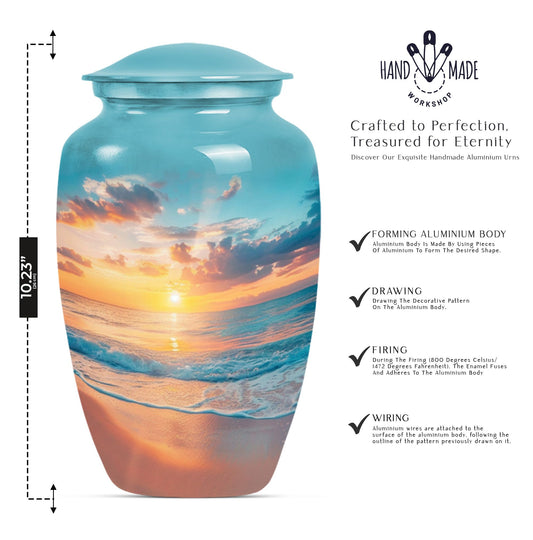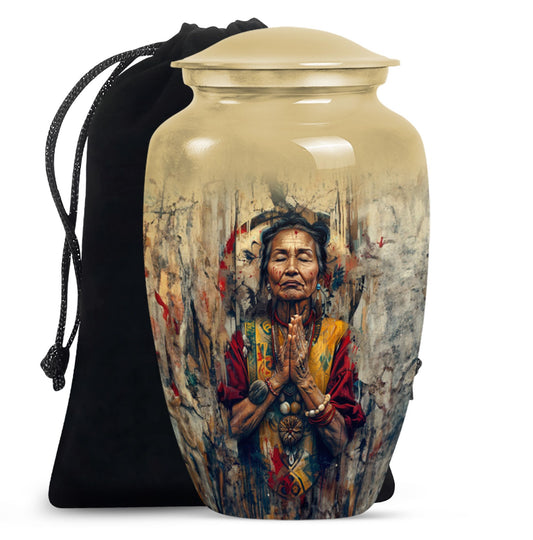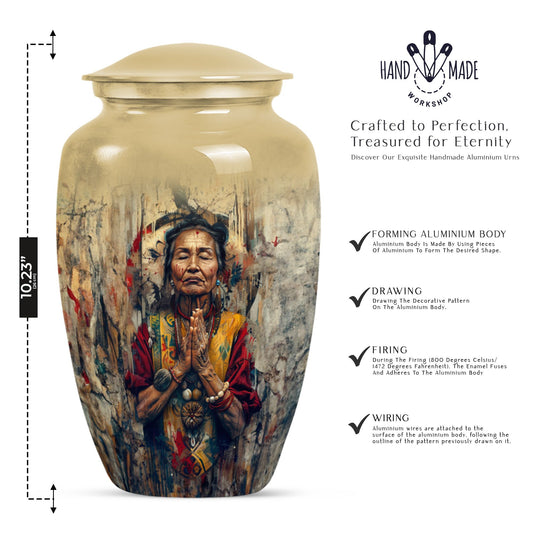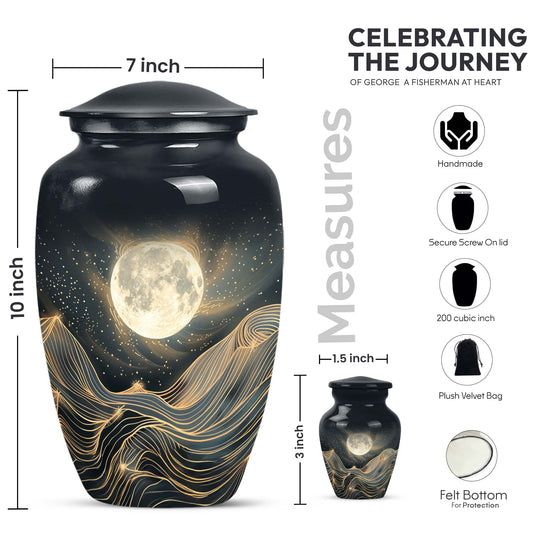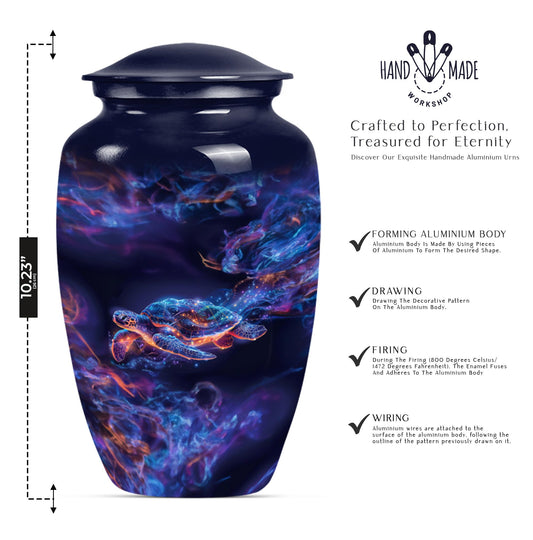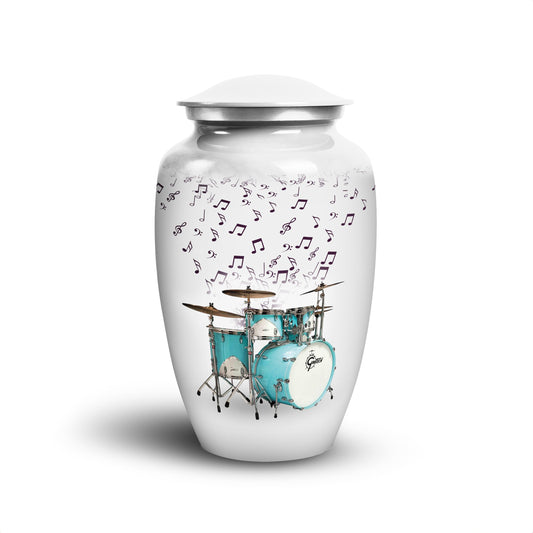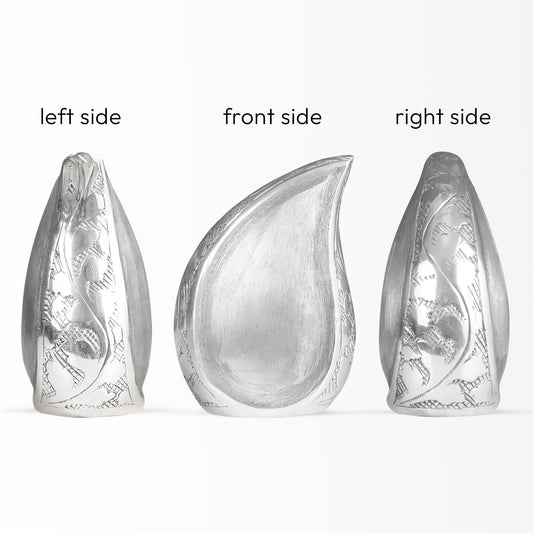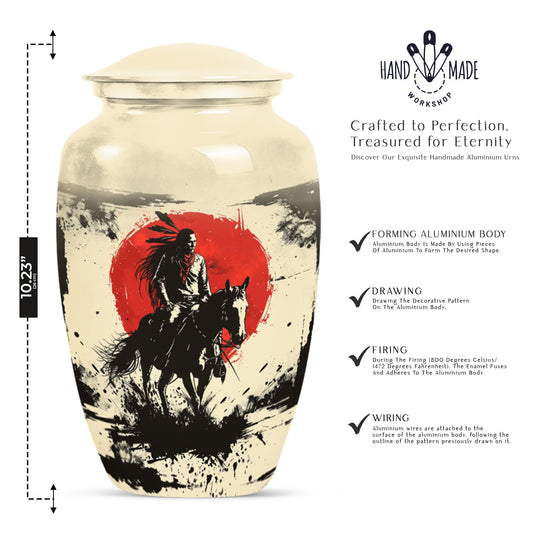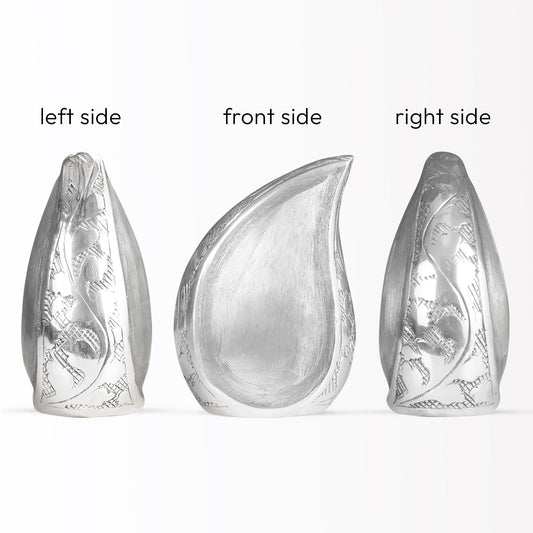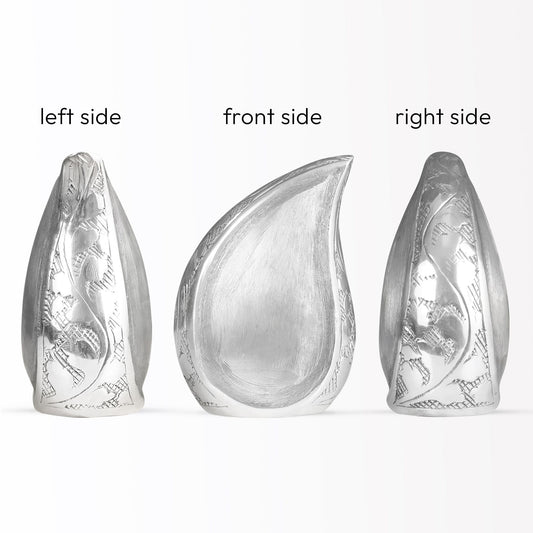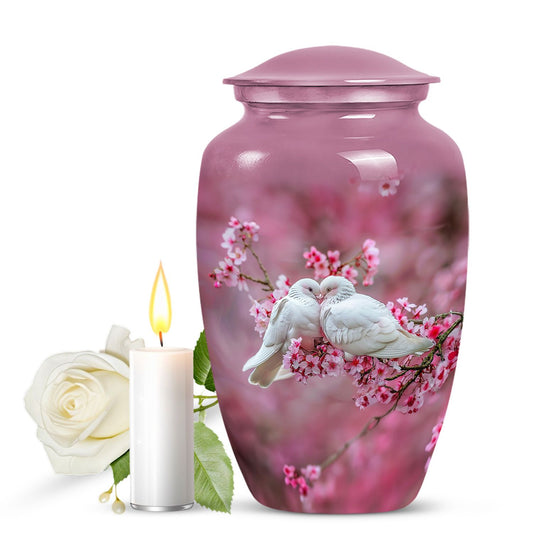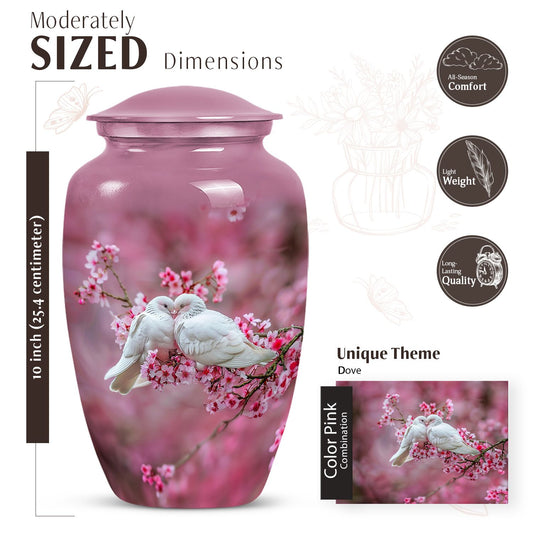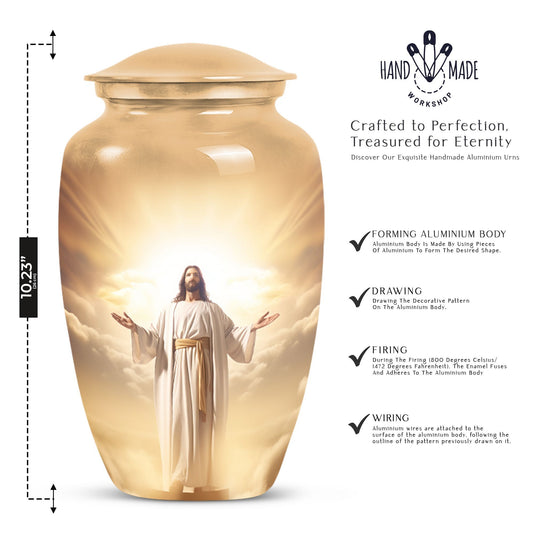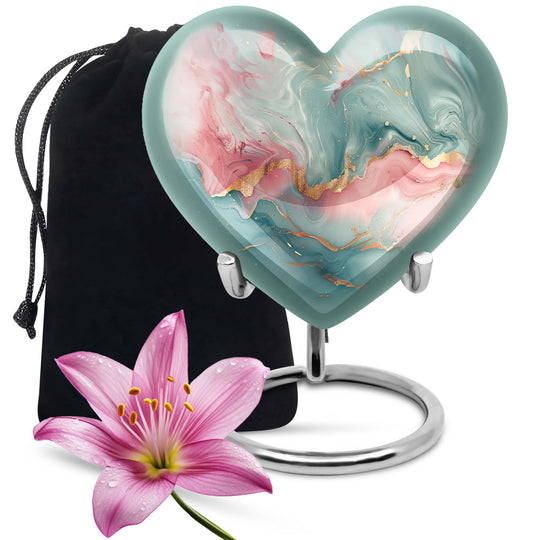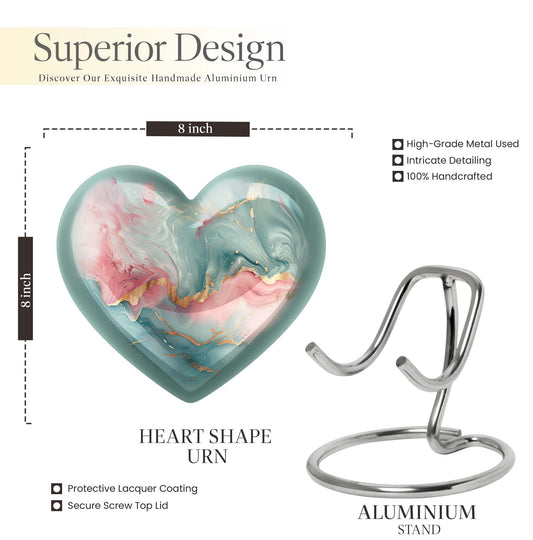Popular Urns
Talking Cremation Over With Your Family

Sharing The Early Decisions About Your Cremation Choices:
It is the way of showing respect and honoring a loved one by having their final wishes complete when they die. Many people will find cremation to be a deeply personal decision that holds spiritual, environmental, and personal significance. Discussing this type of decision is difficult where opinions vary. Openness and respect for each other are major keys to getting over these talks.
With all of these benefits, cremation is very common because it is convenient, cost-effective, and very flexible. Some simply follow this custom because their culture or religion dictates that. Others do it as a more environment-friendly alternative to burial. Cremation offers families greater freedom in memorializing. Ashes can be scattered over a location that is significant to the family, incorporated into cremation keepsakes, or made into a shared family resting place.

With such drives, family members will tend to consider the discussion more clearly and empathetically. Someone whose loved one has preferred cremation should be talked about for their reasons and ascertained what the deceased has wanted.
Initiating Discussion-
Start the conversation early, ideally while the loved one is still alive and can voice his or her preferences. Talk about it at a low point when emotions are not running high or strained. How you phrase it may be what makes all the difference. For example: "I want to discuss how we can fulfill [Name]'s desires after he or she is gone,".If the loved one is not around, then frame the discussion on their choice and how this really is a priority to honor their desires. Share any documentations and conversations they left behind in a will, advanced directive or personal notes, etc.

Managing Emotional Responses-
Undeniably, cremation is likely to raise several emotions and thoughts; mainly the individuals or families have had cultural attachment to burial. As pointed earlier, the very nature of cremation can upset some family members. While others may view it not as acceptable or even something which, in their opinion, cannot be right. Others end up feeling guilty or missing a grave.Let them know that cremation does not decrease the chances of getting together or remembering. Emphasize that the memorials, urns, or joint ceremonies can still provide a place for grieving and reflection.
In case of disagreement, look for ways to include everyone's needs. For example, if some family members want a tangible place for remembrance, it is possible to place the ashes in a columbarium or a family plot. Others might favor symbolic gestures; therefore, discuss scattering ashes in a meaningful location or creating personalized keepsakes.

Ultimately, compromise does mean the wishes of those close are put at center, but all can mourn and pay their respects in their own way.
Of course, discussion of cremation through family might be a tender conversation, but it is just one essential step in completing any loved one's wishes regarding their remembrance. From empathy and open dialogue toward a mutual respect, families have the tools to navigate that particular conversation with meaning and form lasting tribute commemorations toward someone they cherished.
Centering on mutual goals about remembering and valuing what it all will mean, the potentially treacherous discussion will turn into some opportunity to connect and recover.




